6 Minimalist Changes That Have Made Me Happier

I used to work as a marketing specialist, and that would include identifying people’s needs and pain points to make them buy more, which scarred me. People’s personalities were boiled down just to consumer profiles, and that made me very angry.
I did not want to be categorized and ranked, so together with marketing, I quit consumerism, and became a minimalist.
Today, I want to chat about things that are generally considered normal, but now they seem weird to me as a minimalist.
1. Shopping for a fantasy self
This was the hardest for me to identify and let go of. Many of us have some sort of a fantasy self that we cater to from time to time, and these fantasies can seriously undermine our mental well-being and our financial situation.
We imagine a different version of ourselves that is most times unachievable and that exists to impress other people.
Shopping for a fantasy self, not for my real self, has been quite a big problem for me personally.
In my early thirties, I bought this expensive dress, because I imagined that I would look exactly like the model on display wearing it, and of course I did not. I resold the dress half price, and since then, I have become much better at not nurturing any fantasy selves within me.
Marketing tricks play on our fantasy self insecurities. Just think of it when you have a sudden urge to buy something odd out of a sudden whim. Ask yourself for who and why you are buying this. A little bit of self-analysis is never a bad thing.
2. Spending all extra money that you get
Some people simply cannot keep money in their wallet. Whenever they get it, they spend it. I can relate to that a lot. I used to spend all the money that I happened to earn occasionally on the side, because it felt like I was rewarding myself for making that extra effort.
At one point in my life, I had three jobs, and I spent much more than I should have on things that in the end I had to leave behind without ever using.
That was my lesson. I looked at all the things I was leaving and saw hours of work behind them. Hours that could be spent on something else, that could be invested in learning, planning, making gifts to other people.
We often do not believe in ourselves, nor do we feel our real needs. Our needs might be quite satisfied at the moment, we may have enough to be well and happy, but we still spend out of habit.
Sometimes it is worth keeping some money in our pocket instead of letting it flow.
3. Thinking that there is always a better option
The constant urge to enhance is so tiring. Now that so many things are generally accessible and mostly affordable, it is so easy to get in the trap of overspending, because we always find something that we think is better than what we have recently bought.
At the same time, we tend to keep the previous thing, too, in case we ever need it. We overspend, we clutter our space, we overwhelm ourselves with too many options, we feel trapped.
This is what unethical marketing plays on. Companies use slogans that contain such words as “better”, “best”, or “worth”, and we get a feeling that owning a particular thing will surely change some aspect of our life for the better.
Since becoming a minimalist and embracing simple living, I have become a grateful imperfectionist. No more betters, no more mores. Enough is a new hero word.
4. Prioritizing material purchases over experiences
Most of us were raised with the idea that we are what we own and we are judged by our looks. Even with education, our actual diplomas and certificates matter most for other people.
I grew up absorbing that paradigm as well. On my first scholarship, I bought a knitted vest to celebrate my achievement, but it got stretched and worn out pretty fast.
Years later, I became a minimalist and realized that immaterial things, such as experiences and achievements, are valuable as such. Many of those do not need to be bought, but those that do are so worth it.
Ditching the urge to buy material things and choosing experiences instead, we legitimately become happier in the long term by building meaningful memories, by connecting with others, and after all, by beginning to feel the world around us better.
5. Living in the future instead of feeling the today
We live in a constant urge to get ready: for fall, for Christmas, for vacation. Ads and influencers convince us that we have to rush not to stay behind and end up unprepared. We get so focused on preparing for the future that we simply forget to live in today.
This fear of missing out is so outside the ideas of minimalism and intentional living. The future is coming anyway, we will not miss it, but what we can really miss is the moment now: what we have now, people we love and what we see now. I still have to remind myself of this every day.
6. Keeping things out of inertia
How often do you lose track of your possessions and have occasional and sudden discoveries in your wardrobe? We keep clothes, appliances and equipment that we never use, that usually make their way into our home through impulse purchases. We do not end up surrounded by clutter in a split second, it just compiles slowly and steadily.
As long as we have space to accommodate a new thing, we get more stuff, until there is no space. This is accumulation inertia. There are tons of decluttering strategies that will help you create a minimalist home and let go of things that do not make you happy.
Minimalist lessons
Next time you are shopping, ask yourself who really benefits from your purchase. Is it you? Is it your fantasy self? Or is it unethical corporations? We all are much more than mere consumers. This is why minimalism can be so liberating and eye-opening.
I hope that this article has shifted your perspective just a little and got you to think deeper about your shopping choices. What is something that you cannot believe you used to do or believe in? Share in the comments!
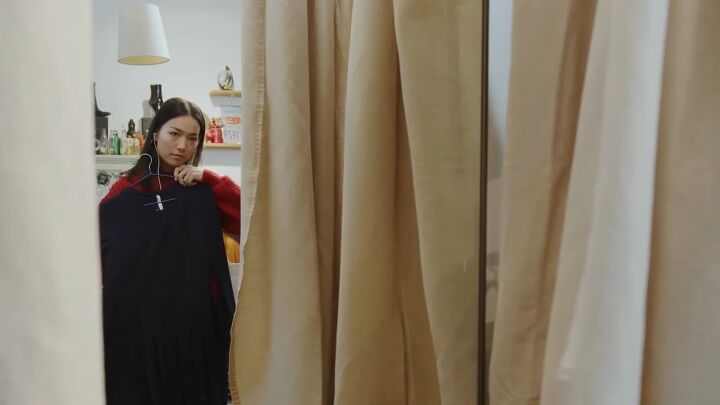






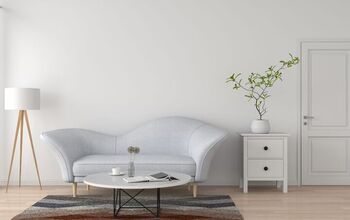



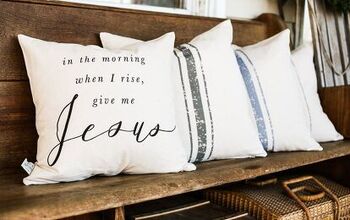



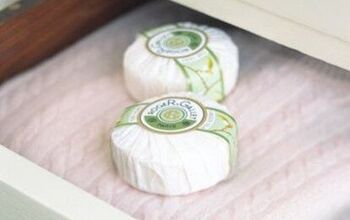


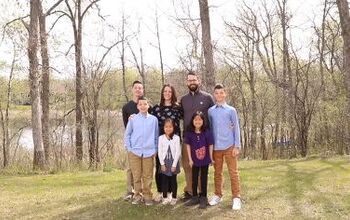


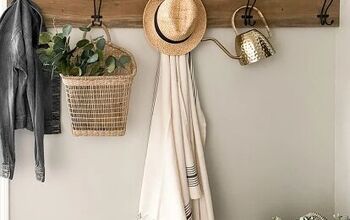


Comments
Join the conversation